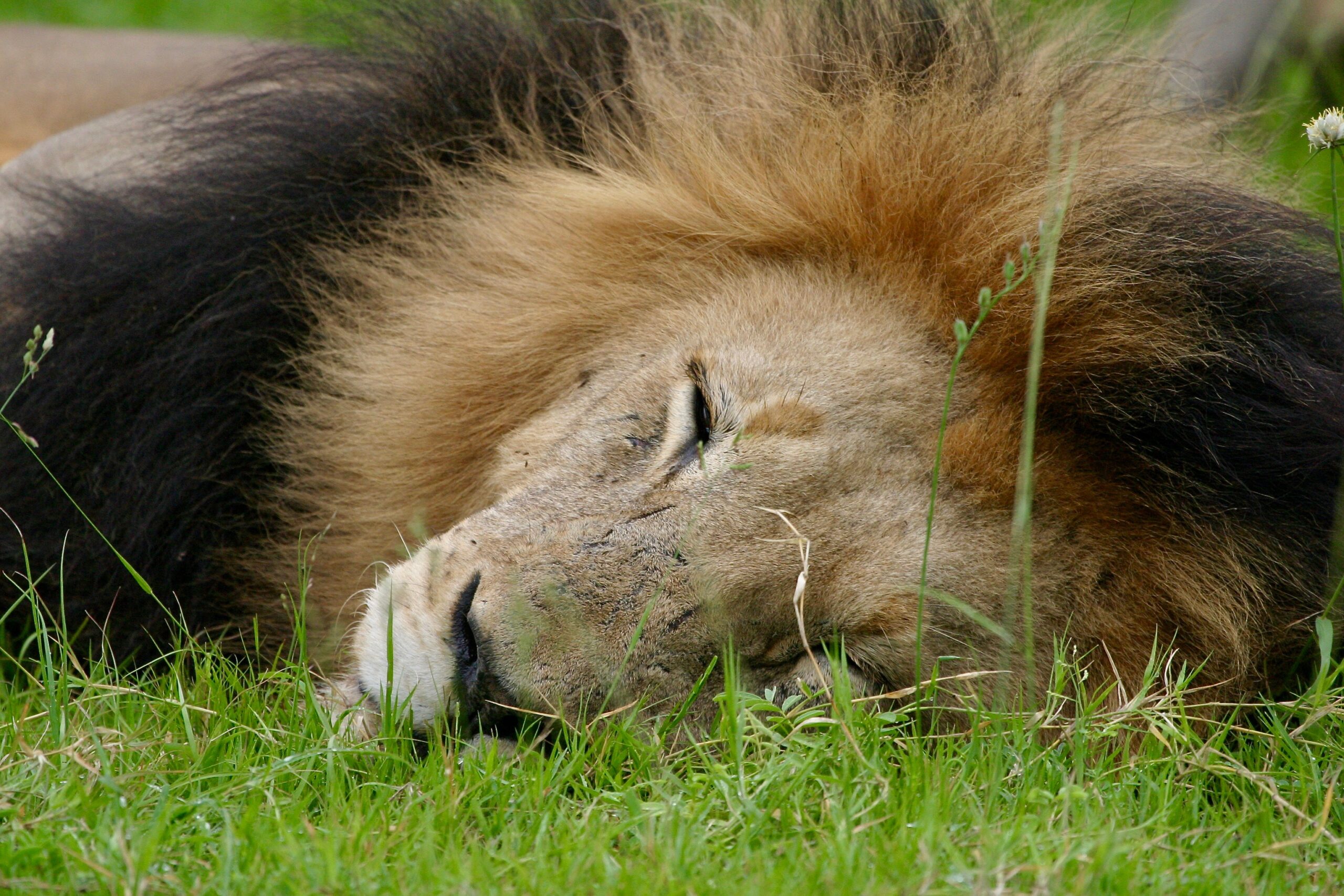Legislation failing captive wild animals, charity says
An animal welfare charity has spoken out about welfare legislation for wild animals in captivity around the world, saying it is failing them.
UK charity Wild Welfare, has voiced concern about effective animal welfare legislation around the world, following the announcement of a new zoo opening in South Africa.
Wild Welfare’s field director, Dave Morgan, who has extensive experience working with captive facilities in Africa, said: “Sadly, many countries have very little in the way of effective legislation relating to wild animals living in zoos and captive facilities and where we have these gaps, animals are being seriously let down.
A new zoo in Mpumalanga province in South Africa, is set to house more than 140 animals when it opens in January 2021. News of the zoo and its opening close to Kruger National Park has seen it receive widespread criticism from animal welfare campaigners.
“In South Africa there is no mandatory national-level legislation that covers the establishment and operation of zoos and related facilities,” Dave Morgan added.
“Each province instead has its own legislation and the standards vary considerably. Most of the various provincial sets of legislation do not have an animal welfare component and consequently, we frequently see very poor standards of animal care and welfare in captive facilities in these provinces.”
There are estimated to be more than 10,000 zoos and aquariums worldwide and it is believed that up to 90 per cent of these do not fall under adequate ethical or legislative oversight, resulting in extremely poor welfare standards.
Poor captive animal welfare is often widely prevalent in facilities falling outside recognised standards, so potentially thousands of animals are suffering around the world.
South Africa has a South African Code of Zoo and Aquarium Practice, which is a published national standard detailing the management and operation of zoos and aquariums. However, compliance with the standard is voluntary, not enforced and frequently ignored.
The country also falls under the professional regional zoo association the Pan-African Association of Zoos and Aquaria (PAAZA), whose members have to adhere to their compulsory operational standards, which encompass the Five Domains of Animal Welfare model.
Dave Morgan, added: “We really hope this new facility will at the very least become a PAAZA member, which will go some way to helping ensure the facility’s wild animals receive a minimum standard of care and welfare.”
Wild Welfare works with national and local governments and zoo officials, to help advise on and develop legislation that can fully support long-term improvements in animal welfare across a country.
This is not the first time the care of captive wild animals in South Africa has been cause for concern, Wild Welfare contributed to a 2018 report highlighting that the country’s legislative gaps were resulting in a failure to adequately protect the country’s wild animals. Across South Africa the practice of large predator farming for the canned hunting and lion and tiger bone industries continues unabated and largely unregulated.
~ENDS~
Notes to Editors
For more information or interview requests please contact Wild Welfare on communications@wildwelfare.org
Wild Welfare is a global organisation committed to improving animal welfare for captive wild animals. By uniting the world’s leading zoos, zoo associations and animal welfare organisations, we build trusting partnerships that help provide long-term solutions to critical wild animal welfare issues.
Our vision is to end the suffering of captive wild animals around the world and ensure full and sustainable protection is given to all animals in human care. Find out more at wildwelfare.org. Registered charity in England and Wales No.1165941.
Image © Pippa Hankinson via, Blood Lions





